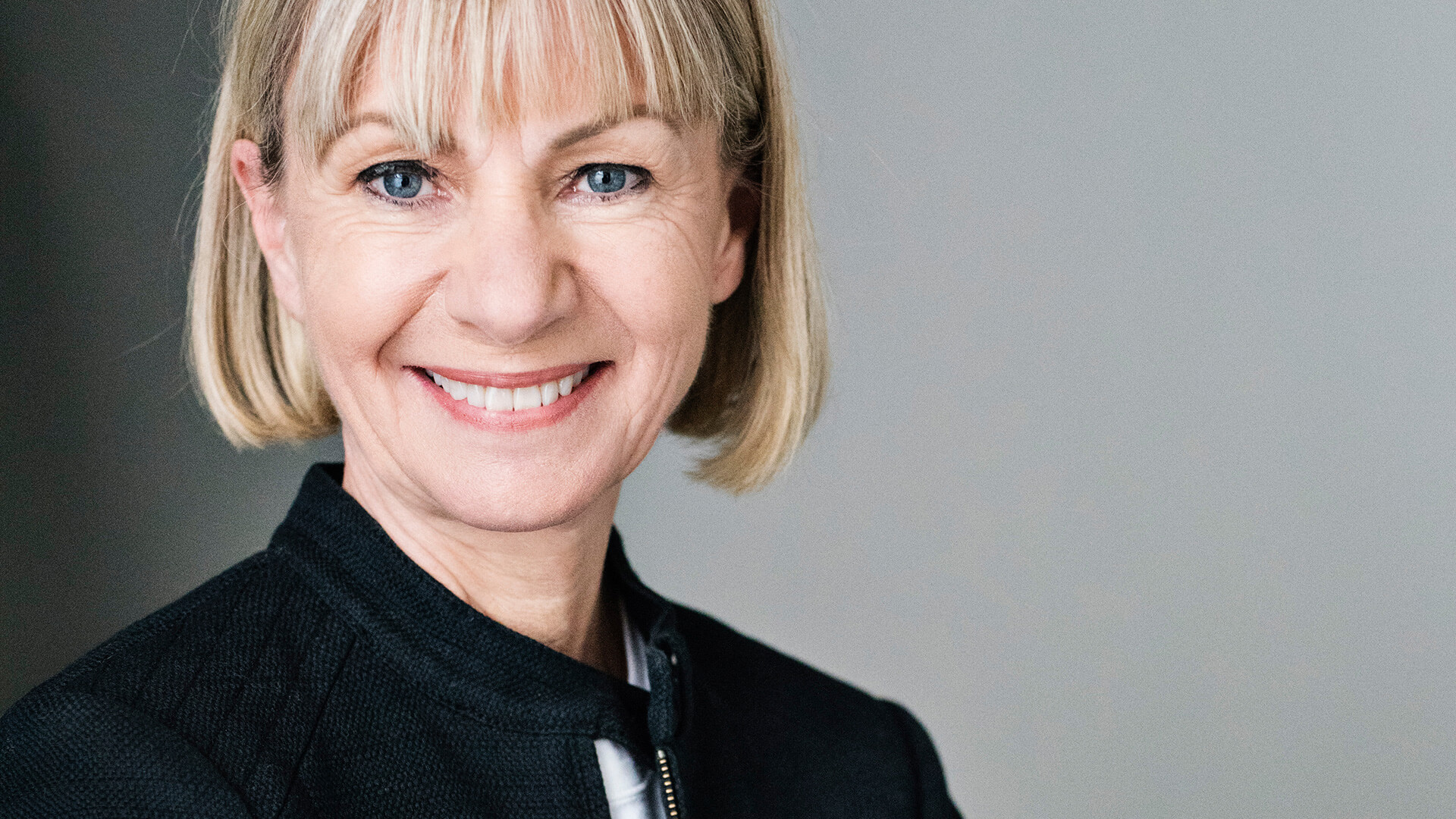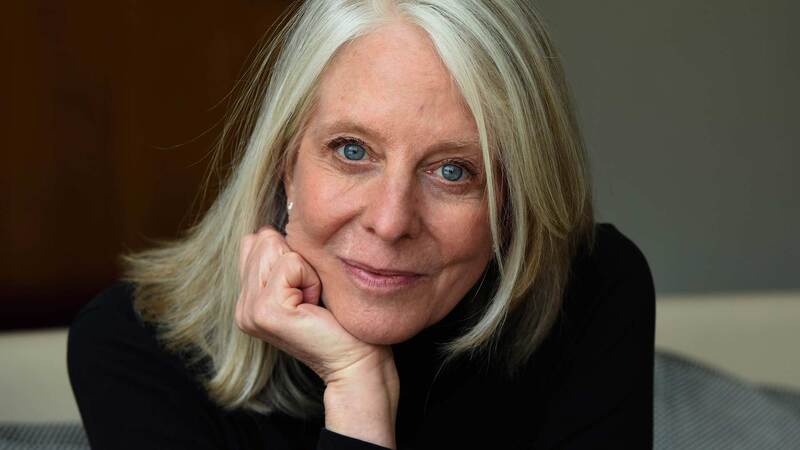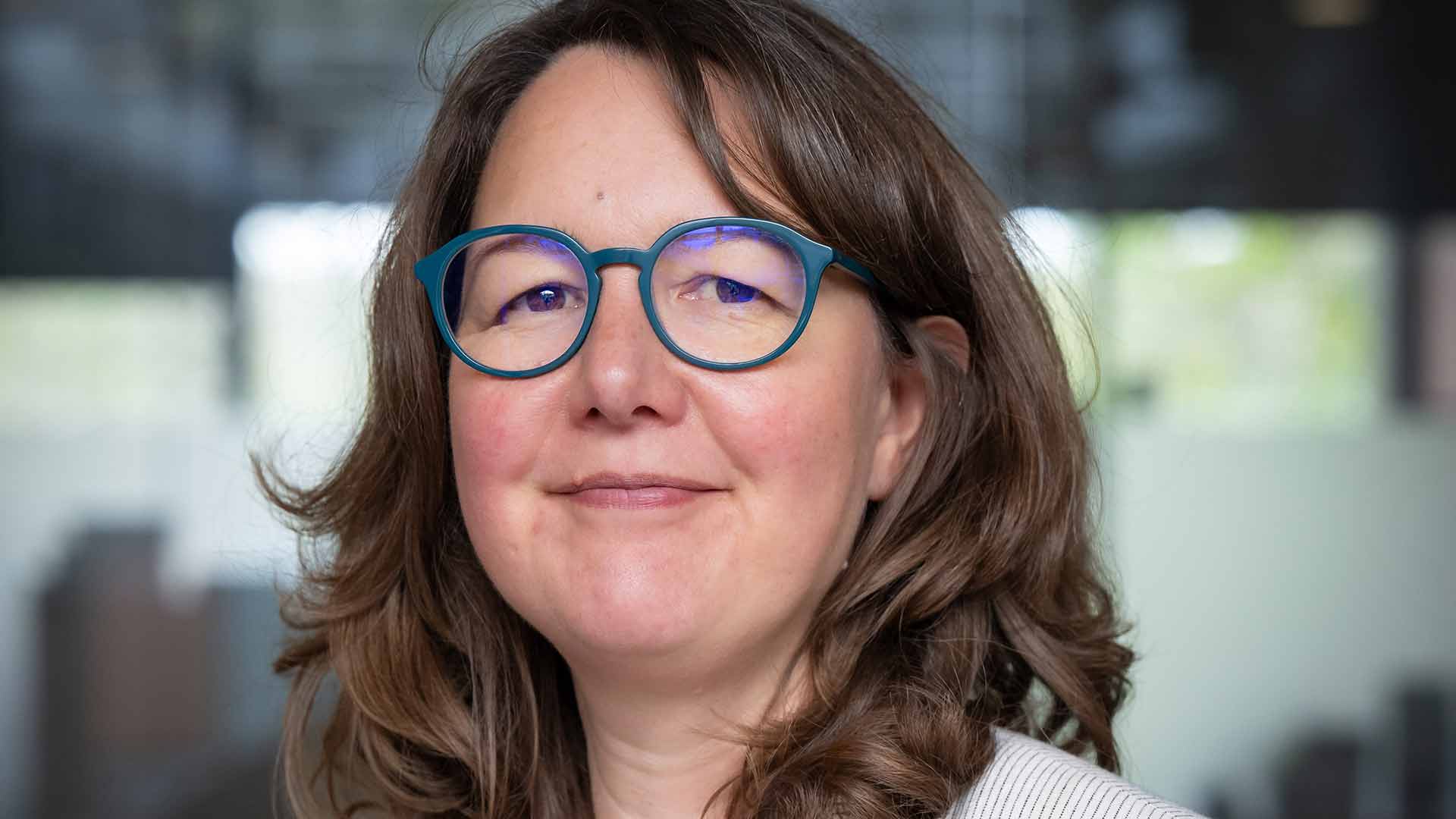You are viewing your 1 free article this month. Login to read more articles.
Women’s Prize Trust seeks sponsorship for new Women’s Prize for Non-Fiction
The Women’s Prize Trust has announced plans to create a new annual book prize, the Women’s Prize for Non-Fiction, and is seeking sponsorship to support a launch later this year.
The Trust, which is behind the Women’s Prize for Fiction, says the Women’s Prize for Non-Fiction will “further amplify female voices, whilst celebrating books that inform, challenge, disrupt, and offer solace and connection".
The Charlotte Aitken Trust, a charity set up by the former literary agent Gillon Aitken on behalf of his late daughter, has awarded the £30,000 winner’s prize money for each year for a three-year period and a statuette for each winner named "the Charlotte". The Women’s Prize Trust is now seeking additional investments to fund the admin of the new prize and prize money beyond the three-year period.
It will be awarded annually and be open to all female writers from across the globe, regardless of background, who are published in the UK and writing in English. The criteria will include all narrative non-fiction – from history, memoir, music and nature writing, to science, philosophy and biography. As with its sister fiction prize, the Women’s Prize for Non-Fiction will celebrate excellence in writing and research, strong and original narrative voices and accessibility.
A deadline of 1st May 2023 has been confirmed to enable the prize to launch in time for the 2024 prize cycle, calling for entries in the summer 2023. The judging panel for 2024 is yet to be finalised but will include a chair of judges and four other judges.
Kate Mosse, the Women’s Prize for Fiction founder director, novelist, non-fiction author and playwright, said: “This is an extremely exciting moment in the history of the Women’s Prize. Since we launched 28 years ago, we have celebrated and amplified the voices of hundreds of amazing novelists, pressing their books into the hands of millions of readers.
“We are confident that our new non-fiction sister prize will do the same for those extraordinary non-fiction authors, many of whom do not receive the attention they deserve. The result is that readers are short-changed. We are now seeking corporate partners open to joining our family of sponsors. Together, we can champion exceptional women’s narrative non-fiction on a global stage. This is the time to be bold.”
Speaking to The Bookseller, Mosse said a Non-Fiction prize had been on the cards for "several years". "On the Women’s Prize board, we had begun to discuss the idea in the context of more and more exceptional non-fiction writing by women being published. But then I started thinking about it in earnest during lockdown, with more time on my hands, and against a backdrop of a significant rolling back of women’s rights over the past five years, rights that many people thought were unalienable." When Liz Truss and Rishi Sunak were in the running to become prime minister, she was shocked to see a major broadsheet running a list of the 10 books the new PM should read. "There wasn’t a single book by a woman on the list. Not a single one."
"This isn’t in any way to say that there aren’t brilliant non-fiction books by men – there are. And there are some fantastic non-fiction prizes. But the issue remains that women as non-fiction experts and specialists are not taken as seriously as their male colleagues. And so readers are missing out."
The impetus to launch the new prize was motivated by research and analysis by the Trust which found that female non-fiction writers, in comparison to their male counterparts, are less likely to be reviewed in the UK national media, less likely to appear in the "Best Books of 2022" newspaper articles, less likely to be shortlisted, or win, non-fiction book prizes and are more likely to receive a lower advance.
Rachel Cugnoni, trustee of the Charlotte Aitken Trust, said: “Fiction and non-fiction have always been different ways of telling a different kind of truth. But fact and fiction are very different things indeed and the quality of truth we get from reading very good non-fiction from trusted sources has never been more important. So, today’s announcement of the Women’s Prize for Non-Fiction to sit shoulder to shoulder with the Fiction Prize is a timely one and the Charlotte Aitken Trust could not be more proud to be supporting both the prize and the role of women’s voices in our understanding of the world.”





















